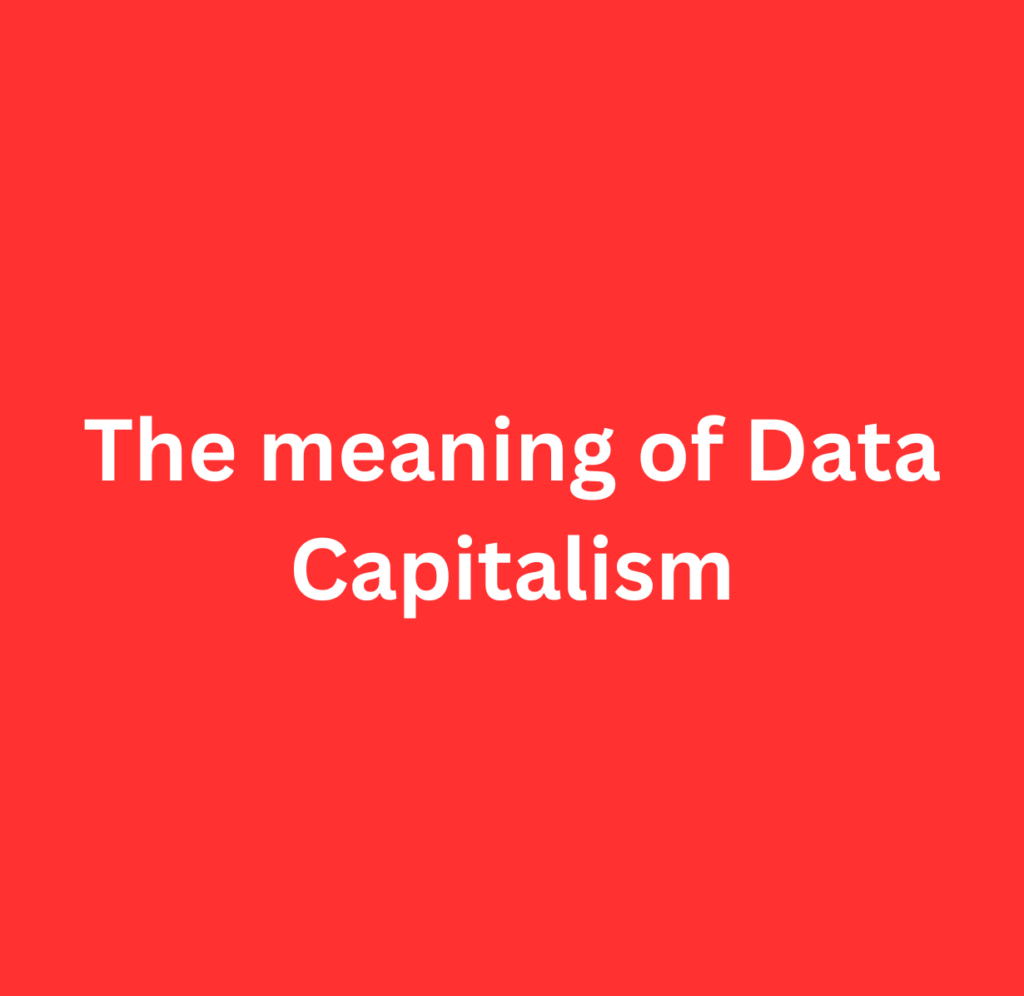While the world focuses on new AI breakthroughs, one crucial factor often goes unnoticed: Data. In Switzerland and across Europe, the growing demand for high-quality training data is opening up new economic opportunities and challenging old ownership structures.
The digital transformation is in full swing, but the next phase will be shaped by artificial intelligence. Developments around the world show that AI does not only depend on computing power and algorithms, but also on data. Without huge, precisely structured data sets, reliable AI cannot be developed.
What is already happening on a large scale in the USA is now also beginning to gain importance in Europe: Data is increasingly seen as a strategically valuable resource in its own right. Companies, universities and public institutions possess extensive, often previously unused data stocks. These range from medical studies and technical manuals to logistics data. This information could become a crucial raw material for the European AI economy.
Swiss data rooms – untapped potential
Switzerland in particular, with its high density of research institutes, insurance companies, banks and industrial companies, is rich in such data. However, in many places it is stored in fragmented data silos, protected by complex regulatory hurdles. While AI models in the USA are already ploughing through entire text collections and video databases, the question here in Switzerland is: how can data be monetized in a meaningful, secure and legally compliant way?

Data monetization: economic use of data through sales, licensing or internal efficiency gains. In the context of AI in particular: companies make their structured data available to third parties in return for payment or as part of partnerships.
Forms of monetization:
- Direct: Licensing to external AI companies or research institutions
- Indirect: Use to improve own AI models and services
- Synthetic: Creation of virtual data sets (e.g. through simulations)
Prerequisites:
- Data quality (structured, documented, up-to-date)
- Clarified property rights
- Technical infrastructure for secure provision
Some Swiss universities are currently examining licensing models in which scientific data sets can be passed on to AI developers under certain conditions. Companies in the financial and medical technology sectors are also beginning to see their data as a strategic asset and no longer just a by-product of their business activities.
Synthetic data and digital twins on the rise
Another trend with growing influence is synthetic data. Thanks to digital twins, complex scenarios can be simulated, for example for training autonomous vehicles or optimizing supply chains. Instead of real movement profiles, digital images of cities or processes are used to train AI models in a targeted manner.
Especially in Switzerland, where real access to large user populations, such as for mobility data, is limited, such virtual alternatives could be a real competitive advantage. Research institutions such as ETH Zurich and EPFL Lausanne are already developing corresponding simulation environments.
Data ownership and trust: Europe’s challenge
But before the European data market can really get going, key questions need to be clarified: Who owns the data? How can it be licensed fairly and transparently? And how can we ensure that personal rights and data protection are safeguarded in the age of AI?
While US companies have long secured their data sovereignty through contractual exclusivity and technical platforms, Europe is still struggling with ethical and legal frameworks. Initiatives such as GAIA-X or the Swiss Alps Data Space project aim to create a trustworthy infrastructure – but so far with limited economic impact.
From regulation to innovation
The future will depend on whether Europe can manage the balancing act between strict data protection requirements and an innovation-friendly data economy. Companies that address issues of data classification, licensing and strategic partnerships at an early stage can play a pioneering role here.
Last but not least, there is also a social question: do we want to allow data to be used by just a few global players? Or will Europe succeed in establishing its own data markets with fair rules as a counterweight to the dominant platform economy?
The debate about artificial intelligence must not end with algorithms. The decisive currency of the future is data and the ability to use it sensibly, responsibly and economically. For Switzerland and Europe, this is not only a new business model, but also a strategic lever for digital sovereignty.
Binci Heeb
The article is based on a thematic development of the article “Demands for AI data creates new income stream” by Kim Posnett, published in the Financial Times on May 20, 2025, supplemented by our own research and a European and Swiss perspective.
Read also: Data, diagnoses, breakthroughs – How AI is revolutionizing healthcare





